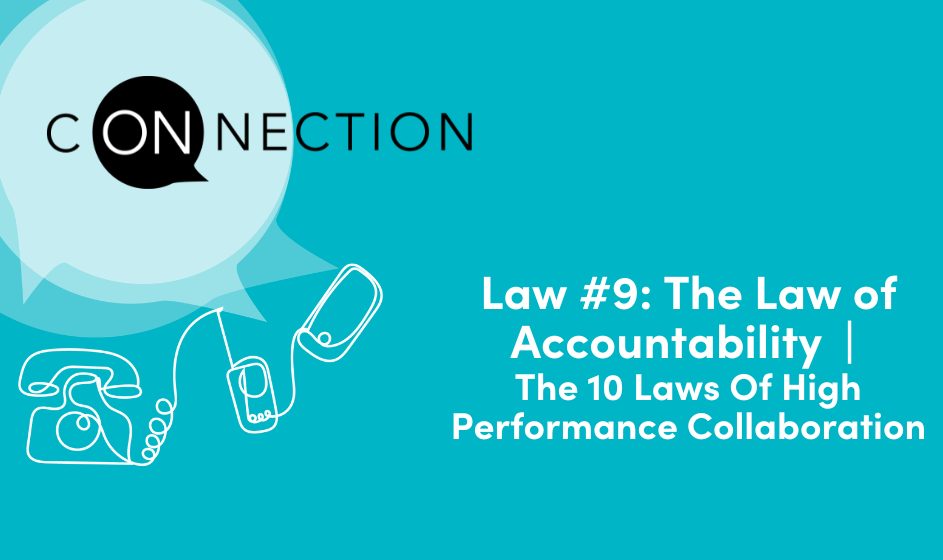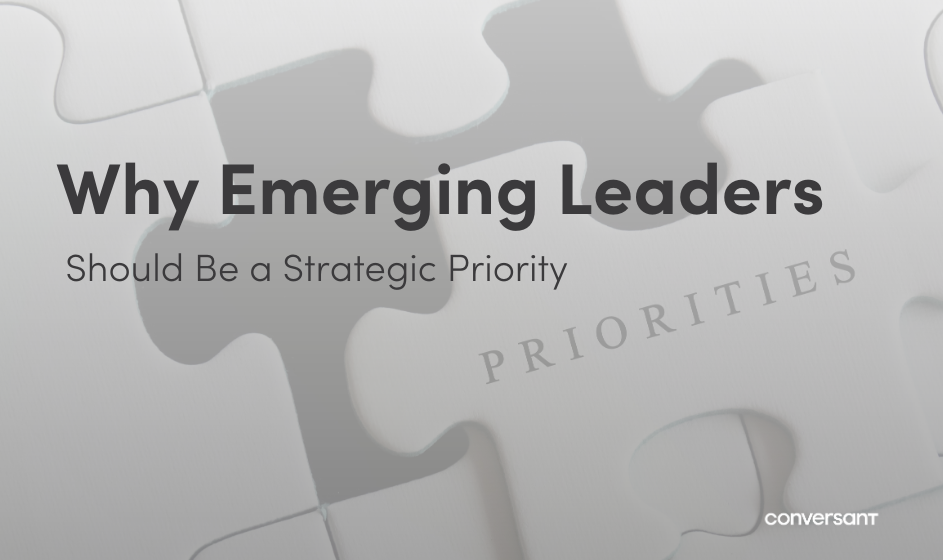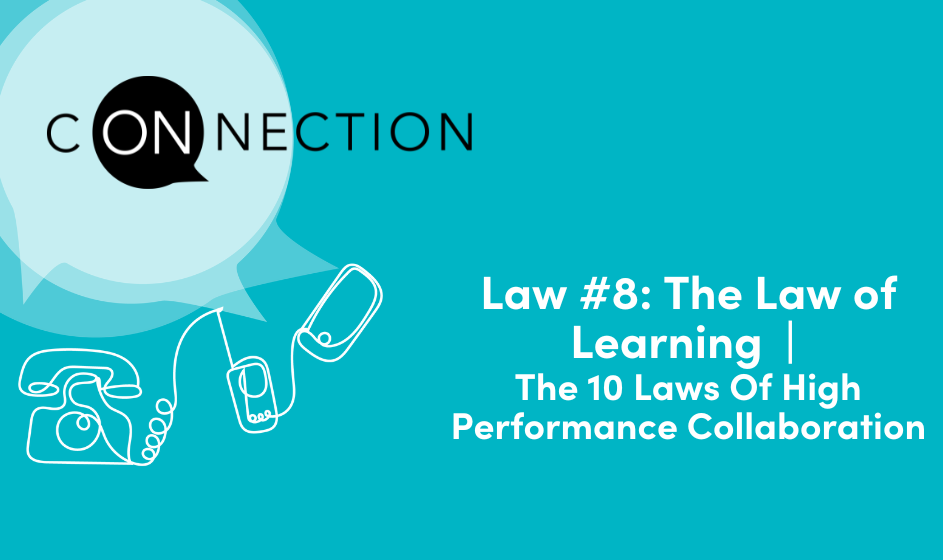Most leaders can reflect on their past and quickly find times that they wish they could have a “do over”. When we are reactive and not suitably aware of that reactivity, our emotion and mood have no choice but to be part of our communication with others. This emotion and mood are then often absorbed by the receivers, impacting what happens next. This is sometimes called “the ripple effect” and is a huge part of leadership. What ripples are we creating? What are their impacts? Are they consistent with our intentions? Are they actually helping to further our intentions and values? When we are operating without awareness of mood and emotion, we are often creating something inconsistent with our intentions. Mood and emotions can be subtle or very obvious. No matter the intensity, they are part of our ripple.
At Conversant we value “being present.” We are always present to something, and we can choose to focus our attention and presence on our mood and our emotions, allowing us to have a more conscious choice in how we are leading.
What emotion are you experiencing right now?
What mood are you carrying into this moment?
Is this the mood or emotion you want to spread into your work and toward the people around you?
Regularly asking yourself these questions can give you significantly more choice in your leadership. If the mood that you are experiencing would not be helpful to pass on to others, what choices do you have?
At a minimum, if we are experiencing an emotion that we don’t want to infect others with, we may be able to choose to engage at a different time. Choosing a better time might mean just slowing down. Sometimes we are rushed and hurried, like a train that can’t be stopped. Hurriedness is often a cultural symptom that is normalized, and slowing down might appear to be ineffective or weak. I see it differently. Leadership that is connected needs to afford the time to connect with oneself sufficiently so that we are available to connect with others.
Our CEO Robin Anselmi has said that “leadership happens in the pause”. This pause may be brief – for a few seconds – or it might mean taking a longer break, or a few days to allow ourselves to generate new thoughts, new questions, or reframe the situation. It might also call for additional conversations to learn more or to get advice.
Another approach is to share what you are feeling with others rather than projecting it onto them. The act of naming how you are feeling (and not blaming others around you) allows you to experience it further, with more clarity, and to express it more responsibly. “Can you all help me understand this situation better so we can be more thoughtful about our next steps? I’m feeling very frustrated and perhaps you may see it differently…”.
Here’s an experiment to try. As you interact with others this week, work to intentionally slow down enough to have part of your attention on how you are feeling. Then, when in conversation, pause at least a second or two before answering a question or sharing your opinion. I have asked coaching clients to try this and often they report that what they said or did was different and more useful than what would have happened had they not tuned in. Try it for yourself, and let us know what you find.



